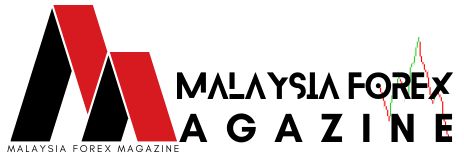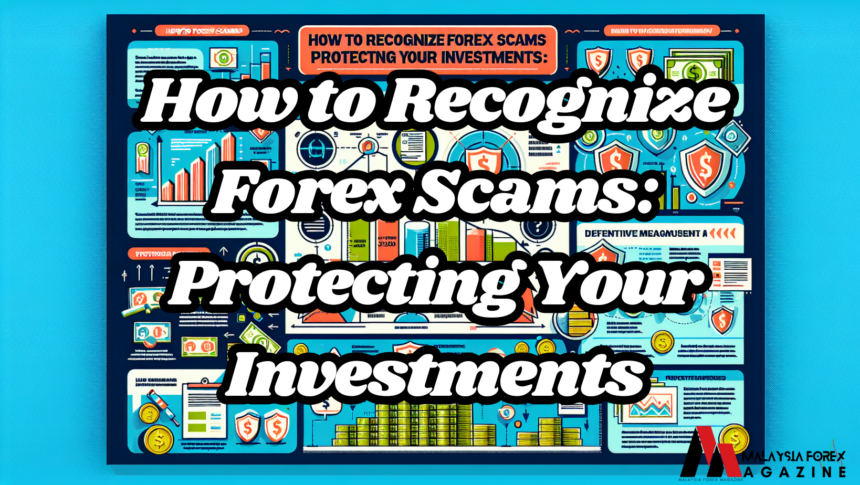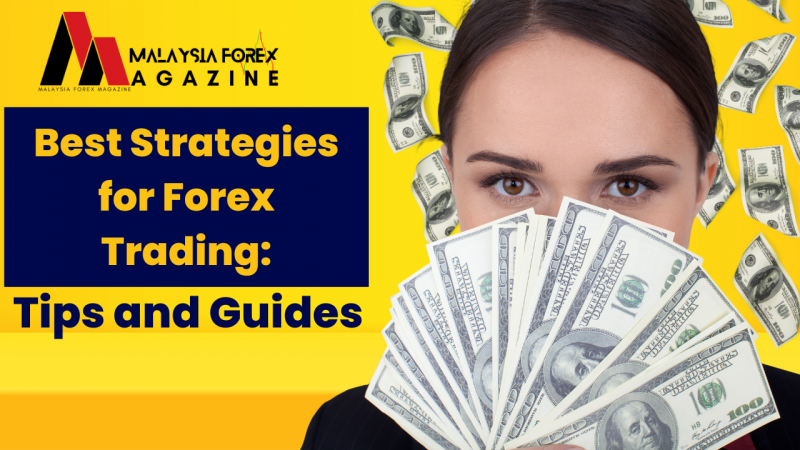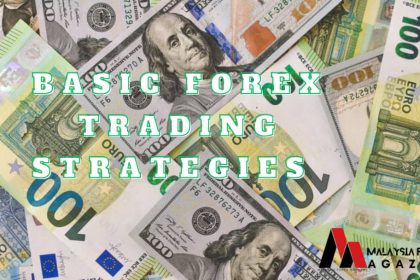The forex market, with its promise of high returns and dynamic trading opportunities, continues to attract investors worldwide. However, this allure also draws in a less desirable crowd: scammers looking to exploit unsuspecting traders. Recognizing forex scams is crucial to safeguarding your investments. This article outlines key warning signs of forex fraud and offers practical advice on how to avoid becoming a victim.
Types of Forex Scams
- Ponzi Schemes:
Ponzi schemes promise high returns with little to no risk. Initial investors receive returns from the contributions of new investors, creating an illusion of profitability. These schemes inevitably collapse when new investments cease, leaving many with significant losses. - Signal Seller Scams:
These scammers sell trading signals, claiming they guarantee profits. Victims often pay hefty subscription fees only to receive unreliable or fabricated signals. The scammers then disappear, leaving traders with losses. - Fake Brokers:
Fraudulent brokers set up convincing websites, offering attractive trading conditions. Once investors deposit funds, these brokers vanish without a trace, taking the money with them. - Phony Trading Software:
Some scammers promote automated trading systems, or “robots,” that purportedly generate consistent profits. In reality, these programs often fail to perform as advertised and can drain investors’ accounts.
Warning Signs of Forex Scams
- Unrealistic Promises:
Be cautious of guarantees of high returns with no risk. Legitimate trading always involves risk, and any promise of guaranteed profits should be a red flag. - High-Pressure Sales Tactics:
Scammers often pressure potential victims to invest quickly, claiming that opportunities are limited or time-sensitive. Legitimate brokers and advisors give you time to make informed decisions. - Lack of Transparency:
Reputable brokers are transparent about their regulatory status, history, and fees. If a broker is vague or unwilling to provide detailed information, proceed with caution. - Unregulated Brokers:
Always verify a broker’s regulatory status with recognized financial authorities, such as the Financial Conduct Authority (FCA) in the UK or the Commodity Futures Trading Commission (CFTC) in the US. Unregulated brokers are a significant risk. - Too-Good-to-Be-True Testimonials:
Be wary of overwhelmingly positive testimonials and reviews, especially if they lack specifics. Scammers often fabricate testimonials to build false credibility.
How to Protect Yourself
- Conduct Thorough Research:
Before investing, research the broker or investment opportunity extensively. Look for independent reviews, check their regulatory status, and investigate any history of complaints. - Verify Credentials:
Confirm that the broker is licensed and regulated by a reputable financial authority. Use official regulatory websites to verify their credentials and avoid brokers who cannot provide verifiable information. - Educate Yourself:
Understanding the basics of forex trading and the inherent risks can help you spot potential scams. Knowledge is your best defense against fraud. - Start with Small Investments:
Begin with a small amount that you can afford to lose. This approach minimizes risk while you evaluate the broker’s legitimacy and the performance of their trading platform. - Use Secure Payment Methods:
Avoid wire transfers or other irreversible payment methods. Opt for credit cards or other secure payment options that offer some level of fraud protection.
Conclusion
While the forex market offers exciting opportunities for profit, it is also rife with scams targeting unsuspecting investors. By recognizing the warning signs and taking preventive measures, you can protect yourself from fraud. Always remember the adage: if it sounds too good to be true, it probably is. Stay vigilant, prioritize due diligence, and safeguard your investments against potential scams.











